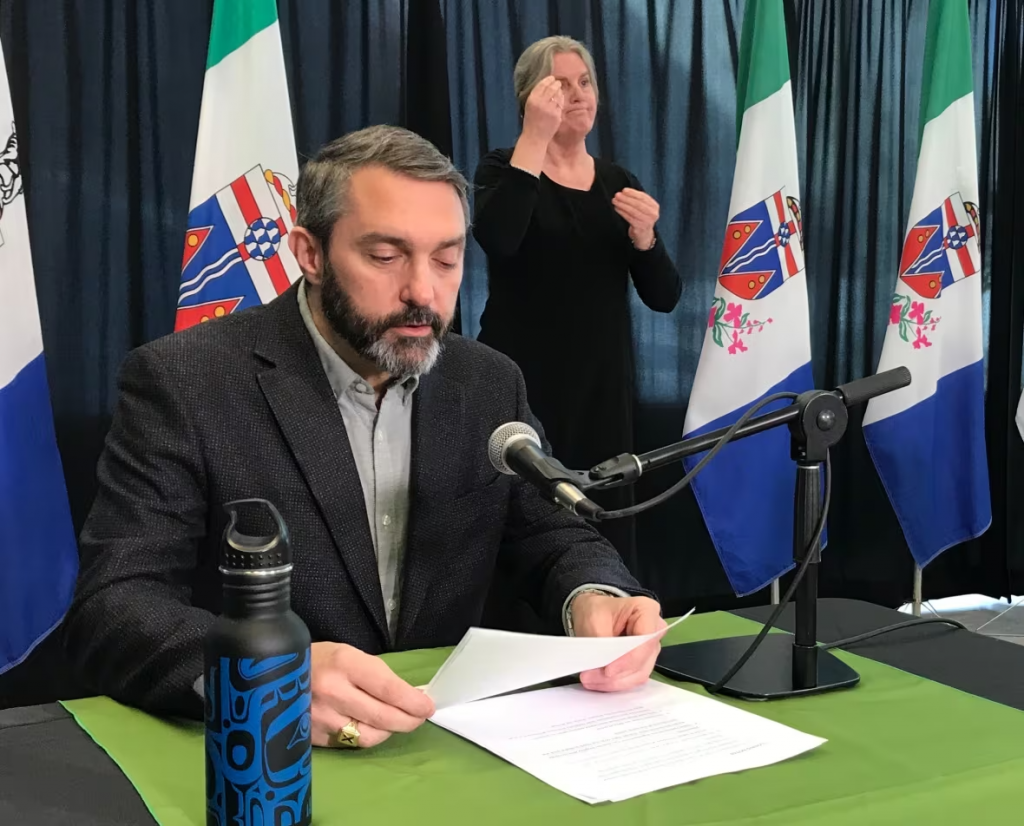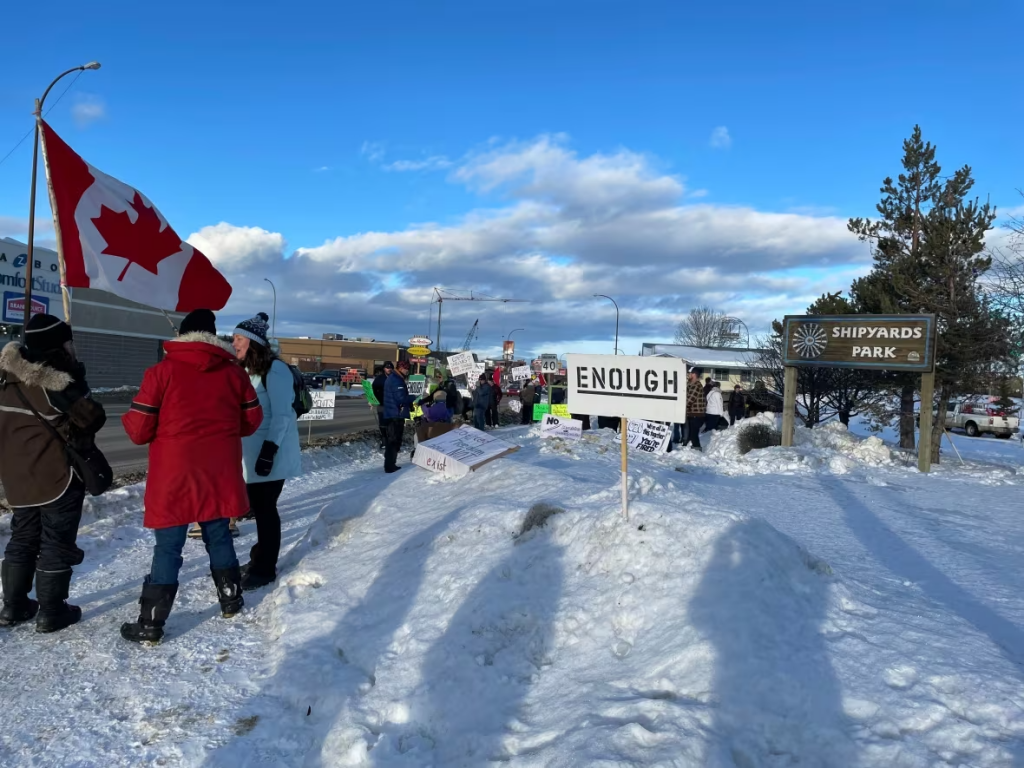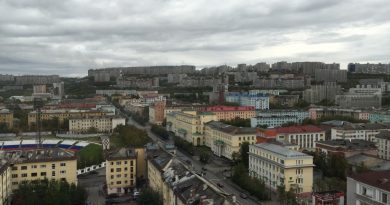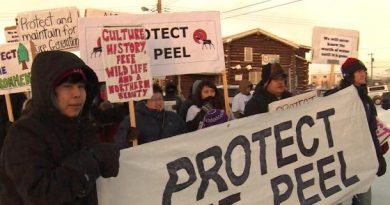Yukon court dismisses challenge of law used to enact COVID-19 rules

Seven plaintiffs argued legislation used to create and enforce COVID-19 rules was unconstitutional
A Yukon judge has dismissed a legal challenge of the territory’s Civil Emergency Measures Act (CEMA), the legislation used to create and enforce public health rules and restrictions during the COVID-19 pandemic.
Seven plaintiffs sued the territorial government in 2020, arguing that CEMA was unconstitutional and gave politicians too much power without sufficient oversight. They wanted the legislation struck down.
The plaintiffs, who include trucker Ross Mercer and drilling business-owner Trent Jamieson, alleged their livelihoods were negatively affected by the Yukon’s COVID-19 measures, which included restricting travel and limiting gathering sizes, with no means of appeal or recourse.
In a written decision this month, Supreme Court Chief Justice Suzanne Duncan threw out the legal challenge, saying the plaintiffs were asking the court to “intervene inappropriately into the democratically elected legislature’s choices about how to govern the Yukon in the context of an emergency.”
“The limits sought to be imposed by the plaintiffs on CEMA are undefined, and to grant a declaration of no force and effect of all or part of CEMA would represent an unlawful intrusion by the judiciary into the jurisdiction of the legislature,” Duncan wrote.
Yukon’s chief medical officer declared a public health emergency in March 2020, as concern over COVID-19 was rising around the world. A little over a week later, the Yukon government declared a state of emergency under CEMA.

The state of emergency was extended extended several times before expiring in August 2021. Then a new state of emergency was declared in November 2021 amid concerns about the increased spread of COVID-19 at that time.
The state of emergency then ended on March 17, 2022.
At a court hearing this past March lawyer Vincent Larochelle, representing the seven plaintiffs suing the territorial government, argued that CEMA allowed the Yukon government to enact legislation and otherwise make major decisions in “secrecy” and without the need to debate or vote on them in the Legislative Assembly first — for example, declaring and then renewing the territory’s COVID-19-related state of emergency.
He argued that CEMA “unduly interfered” with and subverted the function of the Yukon Legislative Assembly, by allowing policy to be decided without opposition party MLAs having the ability to summon the government to the legislature to justify its actions.
Larochelle described the situation as “constitutionally intolerable.”

Lawyers for the government rejected those arguments. They told the court in March that CEMA itself was a product of democratic process as it was passed by the Yukon Legislative Assembly and the same process, not a judge, should be used to change it.
They also stated that CEMA was extensively discussed in the Legislative Assembly, including when MLAs unanimously voted to extend the territory’s state of emergency, and that there were no constitutional problems with delegating authority, particularly during a “real emergency” like the pandemic.
In her decision, Duncan acknowledged that many of the COVID-19 rules and restrictions had a negative affect on the plaintiffs’ businesses.
“The economic and logistical hardships they experienced as well as the feelings of frustration, disaffection and distrust directed towards government are undeniable,” she wrote.
However, Duncan also found that CEMA was valid legislation and that it wasn’t the court’s role to intervene.
“The plaintiffs are asking this Court to assume an inappropriate role by placing limits on a duly enacted piece of legislation that legitimately delegates powers to the executive,” she wrote.
“Judicial restraint in constitutional cases is a sound approach. There is no reason to depart from that approach in this case.”
-With files from Jackie Hong
Related stories from around the North:
Canada: Canada’s Yukon territory lifts COVID-19 public health emergency declaration, Eye on the Arctic



